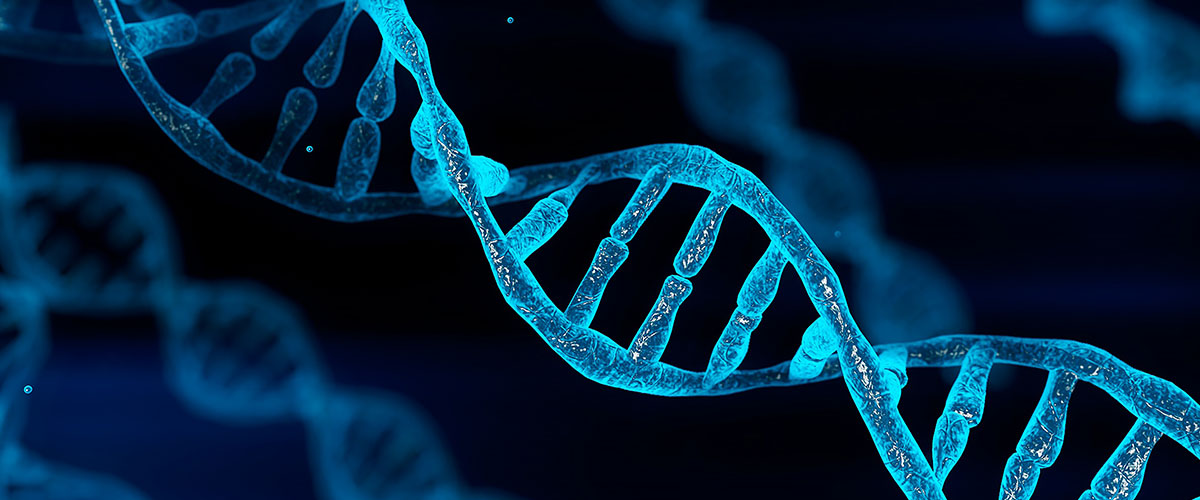)
Genomics and epigenomic sequencing to understand resistance and relapse in acute myeloid leukemia (AML)
Project Duration: 2020-2025
MOHCCN Consortium: BC Cancer Consortium
Investigators: Aly Karsan, David Sanford
Partners:
- BC Cancer, Canada’s Michael Smith Genome Sciences Centre
- Vancouver General Hospital, Leukemia/BMT Program of BC, BC Children’s Hospital
Aim/goals:
- (1) To establish the genomic, epigenomic, transcriptomic and epitranscriptomic landscape of AML at diagnosis and relapse.
- (2) To elucidate AML clonal structure and immune architecture at AML relapse/resistance.
- (3) To sequence AML patients to identify minimal residual disease and inform approaches to consolidation therapy.
Summary:
Acute myeloid leukemia (AML) is an aggressive blood cancer leading to complications related to bone marrow failure and organ infiltration. Treatment resistance and relapse after remission are common and the 5-year overall survival is <25%. Decision-making around post-remission therapy is based on genetic risk stratification at diagnosis along with donor availability, patient fitness and patient preferences. We hypothesize that single cell genomic and epigenomic analyses will elucidate mechanisms of AML resistance or relapse post-therapy, and that this knowledge will permit the use of bulk or single cell methods such as RNA-seq to better identify those at risk for disease resistance or relapse. Samples from diagnosis and relapse, will be sequenced (genome, transcriptome, myeloid panel) to look for changes, which may explain AML resistance or relapse.
The project seeks to establish a pan-Canadian program that includes clinical investigators from across Canada.
